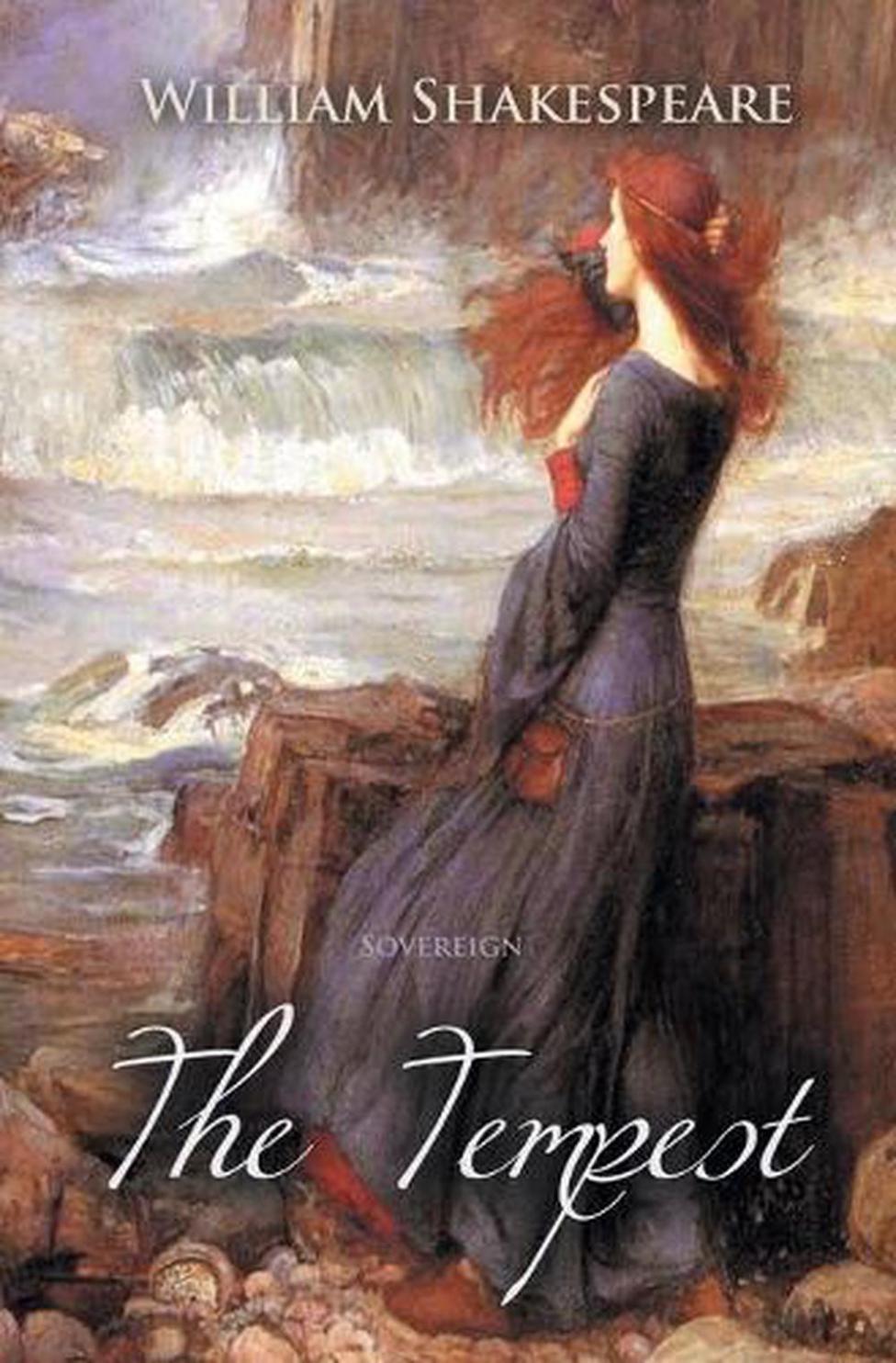The Enchanting Role of Magic in The Tempest: Unraveling Plot and Character Development
William Shakespeare's "The Tempest" is a captivating play that weaves a magical tapestry of enchantment, illusion, and transformation. Magic plays a pivotal role in shaping the plot and developing the characters, creating a fantastical world where the boundaries of reality are blurred.

Thesis Statement: Magic is an integral element in "The Tempest," serving as a catalyst for plot development and character transformation, ultimately contributing to the play's enduring appeal.
I. The Role Of Magic In Developing The Plot
Prospero's Magic:
- Prospero, the exiled duke, wields powerful magic that allows him to control the elements, conjure spirits, and manipulate events on the island.
- His spells, such as the tempest that shipwrecks his enemies, drive the plot forward and create conflict.
- Prospero's magic becomes a tool for revenge, justice, and ultimately, reconciliation.
Ariel And Caliban:
- Ariel, a spirit enslaved by Prospero, embodies the positive aspects of magic, obeying his master's commands and aiding in his plans.
- Caliban, a monstrous figure, represents the darker side of magic, resenting Prospero's control and seeking to rebel against him.
- Their contrasting roles highlight the duality of magic and its potential for both good and evil.
The Tempest:
- The tempest itself is a manifestation of Prospero's magic, serving as a symbol of his power and his desire for revenge.
- The storm affects the characters physically and emotionally, testing their resilience and revealing their true natures.
- The tempest ultimately serves as a catalyst for change and resolution, leading to the play's satisfying conclusion.
II. The Role Of Magic In Developing The Characters
Prospero's Transformation:
- Prospero's use of magic reflects his evolving character, as he shifts from a vengeful sorcerer to a compassionate and forgiving figure.
- His desire for revenge and control gradually gives way to understanding and empathy.
- Magic becomes a tool for Prospero's redemption and reconciliation with his enemies.
Miranda's Innocence:
- Miranda, Prospero's daughter, has grown up surrounded by magic, which shapes her unique perspective.
- Her innocence and lack of experience make her vulnerable yet also open to love and forgiveness.
- Her encounter with Ferdinand challenges her worldview and leads to her growth and maturity.
Caliban's Complexity:
- Caliban, a product of both magic and his harsh environment, embodies the play's exploration of nature versus nurture.
- His resentment towards Prospero and his desire for freedom drive his actions, making him a complex and sympathetic character.
- Caliban's dual nature highlights the play's themes of power, control, and the limits of magic.
Magic in "The Tempest" is not merely a plot device; it is an integral part of the play's fabric, shaping the plot, developing the characters, and exploring profound themes. Prospero's magic, Ariel and Caliban's contrasting roles, and the tempest itself contribute to the play's enduring appeal, making it a timeless classic that continues to captivate audiences with its enchanting blend of fantasy and reality.
YesNo

Leave a Reply